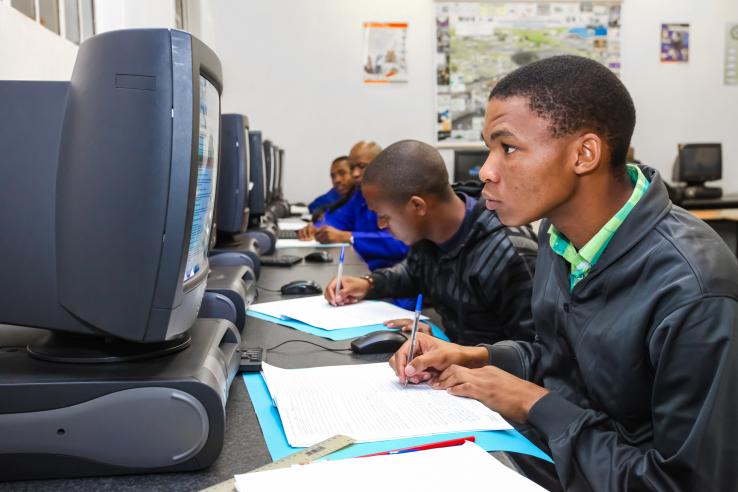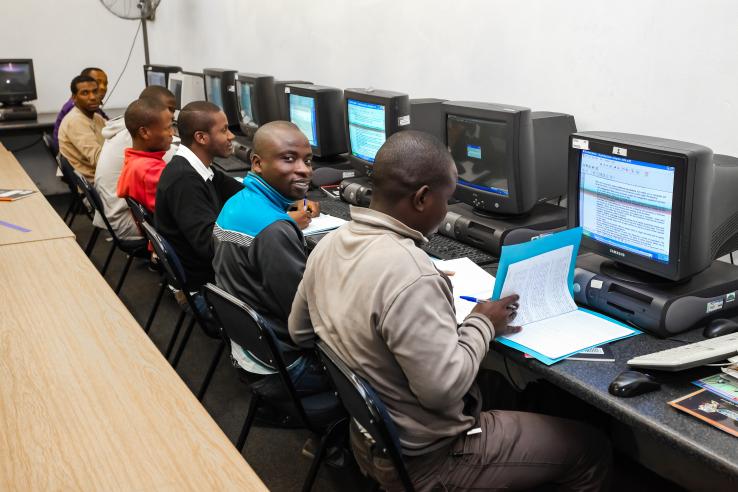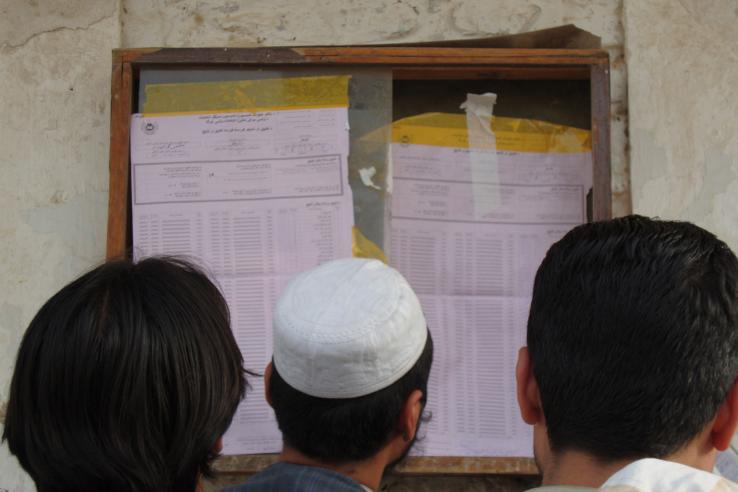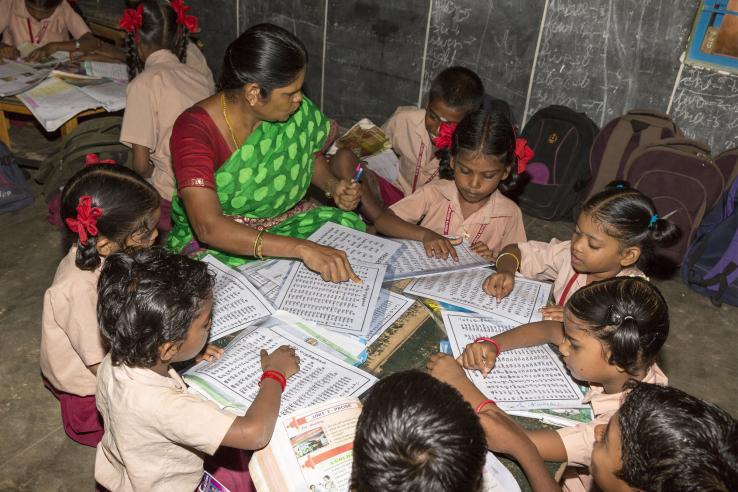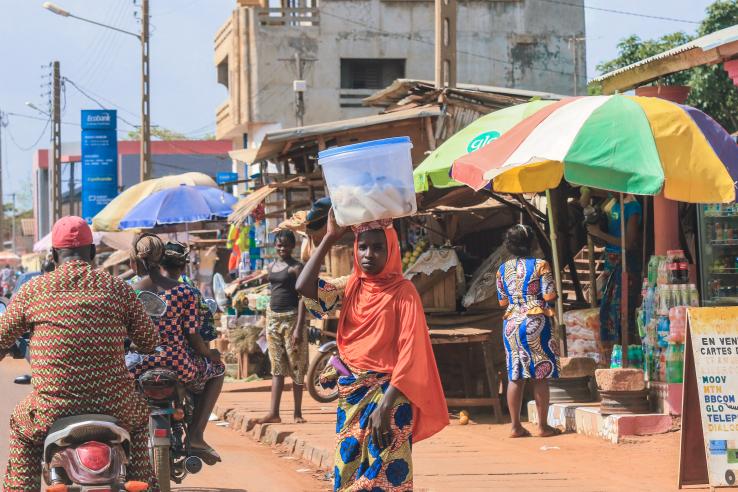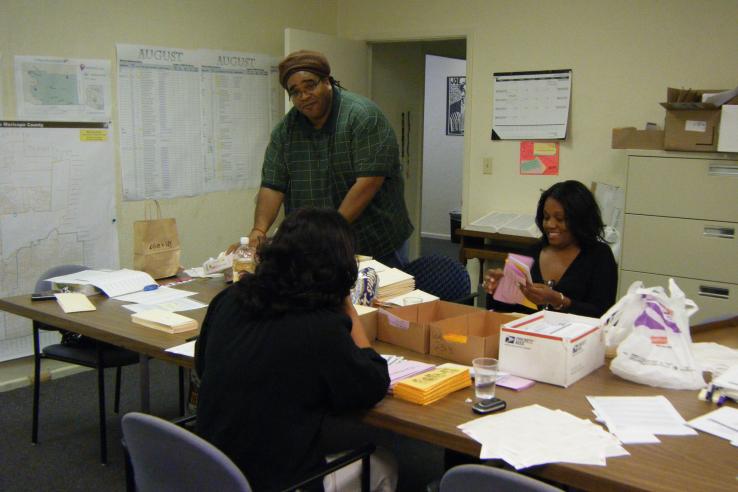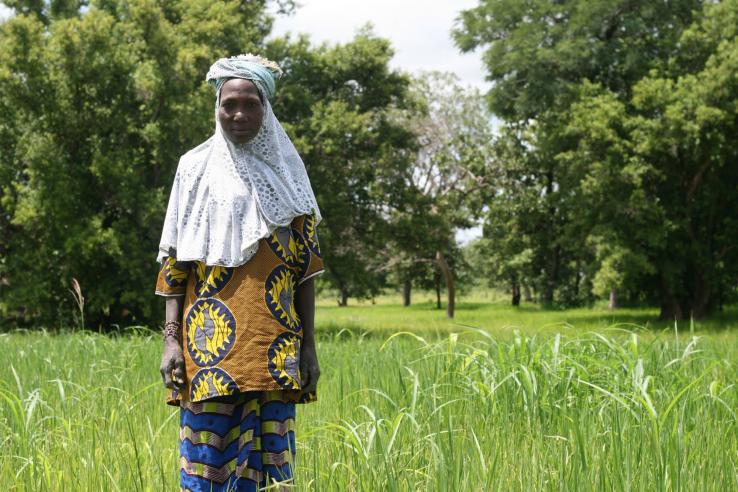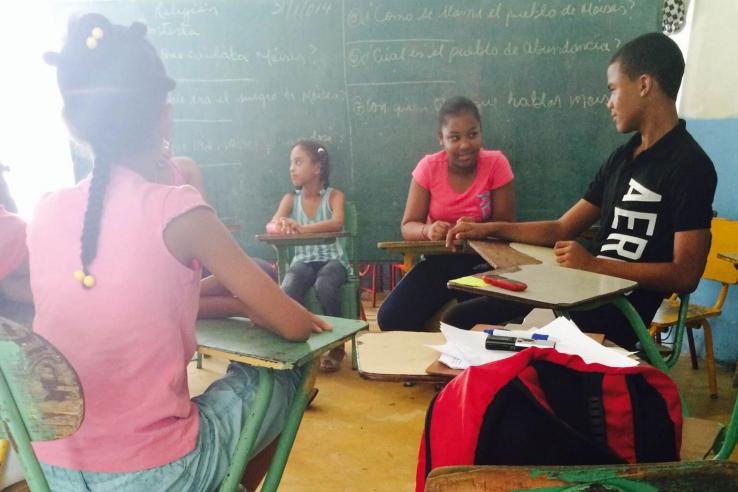Displaying 5041 - 5055 of 8417
Evaluation
Employers in the low-skill and entry-level job market often lack information on job seekers’ abilities, which can reduce interview invitations and job offers for job seekers, especially for disadvantaged groups such as women. Researchers partnered with the South African Department of Labour to evaluate the impact of reference letters on employer response rates and on employment outcomes for unemployed young people.
Evaluation
For-profit (and often online) universities account for nearly half of all postsecondary growth over the last decade, yet relatively little is known about how employers value and compare these education types. To test this, researchers randomly submitted resumes with different characteristics and post-secondary credentials to measure the impact of education type on prospective employer interest. For jobs that did not require a degree, there was no advantage to having a postsecondary credential from a for-profit institution. However, resumes with for-profit postsecondary credentials were over 20 percent less likely to receive callbacks for jobs that did require a degree.
Evaluation
Researchers evaluated how well different measures of teacher effectiveness predicted student performance in six school districts in the United States. Measures of teacher effectiveness based on student achievement in the previous year, classroom observations, and student surveys accurately identified which teachers produced higher average student test scores.
Evaluation
Researchers investigated whether access to information about local labor laws could improve firms’ understanding of the law. They found that free access to an existing subscription service that provided this information improved firms’ understanding of labor regulations and resulted in large employment gains.
Evaluation
Researchers evaluated the impact of photographic monitoring technology on aggregation fraud and perceptions of government legitimacy during the 2010 parliamentary elections in Afghanistan. The announcement of a new monitoring technology reduced both theft of election materials and vote counts for politically connected candidates and increased perceptions of government legitimacy.
Evaluation
Researchers studied how a school grant program affected learning outcomes and household spending. After the first year of the grant program, students in treatment schools performed significantly better than those in comparison schools, but by the end of the second year, there was no detectable impact on student learning.
Evaluation
Voters in Benin had a preference for clientelist political platforms, but certain subsets of voters such as women, consumers of mass media, and members of social organizations were less receptive to clientelism.
Evaluation
Understanding workplace incentives and the motivations of workers is important for increasing workplace productivity and organizational efficiency. Many have suggested that employees are altruistic, willing to work harder when they believe that the amount of effort they exert in their job directly translates into value for their organization. Researchers conducted a randomized evaluation to measure the impact of different employee and employer payoffs on the productivity of workers hired to stuff envelopes for either one of several charities or for a grocery store. The results indicate that employees were more productive when compensated, in part, for the number of envelopes they completed. Furthermore, workers were more likely to exert effort when their work was of value to their employer but did not increase their effort when the value to their employer was greater. Workers did not change their effort in response to receiving a surprise increase or decrease in pay.
Evaluation
A key challenge to achieving universal health coverage is that non-poor informal workers are difficult to enroll and retain in government health insurance programs. Researchers conducted a randomized evaluation to test the impact of various programs, including subsidies, registration assistance and information campaigns on the enrollment and retention of non-poor informal workers in Indonesia’s national health insurance program. Registration assistance and subsidies both increased household enrollment, but overall enrollment rates remained low.
Evaluation
Researchers randomly provided free fertilizer to women rice farmers in southern Mali to measure how farmers chose to use the fertilizer, what changes they made to their agricultural practices, and the profitability of these changes. The fertilizer grants led to increased fertilizer use, use of complementary inputs such as herbicides and hired labor, and yields, yet did not lead to substantial increase in profit.
Evaluation
How important are the returns to education in determining schooling decisions? Do students have accurate information about these returns when they choose whether to continue schooling? In partnership with the Ministry of Education in the Dominican Republic, researchers are evaluating the impact of informational videos about the benefits of education on the decision of students to invest in additional schooling. Preliminary results suggest that exposure to the videos lead to a decrease in dropout for 8th grade students.
Evaluation
Researchers worked with a large nationwide retailer in the United States to test whether sharing information, and providing subsidies and sales incentives had an effect on the demand for energy efficient water heaters. Results showed that information alone did not increase demand, and a $100 rebate or the combination of a $25 sales incentives and a $100 rebate significantly increased purchases of the water heaters. In this context, providing more information alone was not an effective way of increasing demand for energy efficient durable goods.
